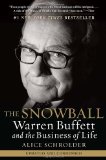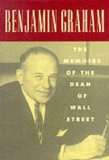I Wouldn't Start From Here
“All I want to know is where I’m going to die, so I’ll never go there” – Charlie Munger
Carl Gustav Jacob Jacobi was a nineteenth century mathematician famous for his work on elliptic functions, amongst other accomplishments. Oddly he ends up being frequently quoted by Charlie Munger and Warren Buffett, despite having no known connection with the investment world.
Jacobi's great contribution to investor thinking was his maxim “man muss immer umkehren”: invert, always invert. Of course, Jacobi was actually making a statement about mathematics, not investment thinking, but we shouldn’t much care where we get our models from, as long as they have the distinct advantage of being useful.



